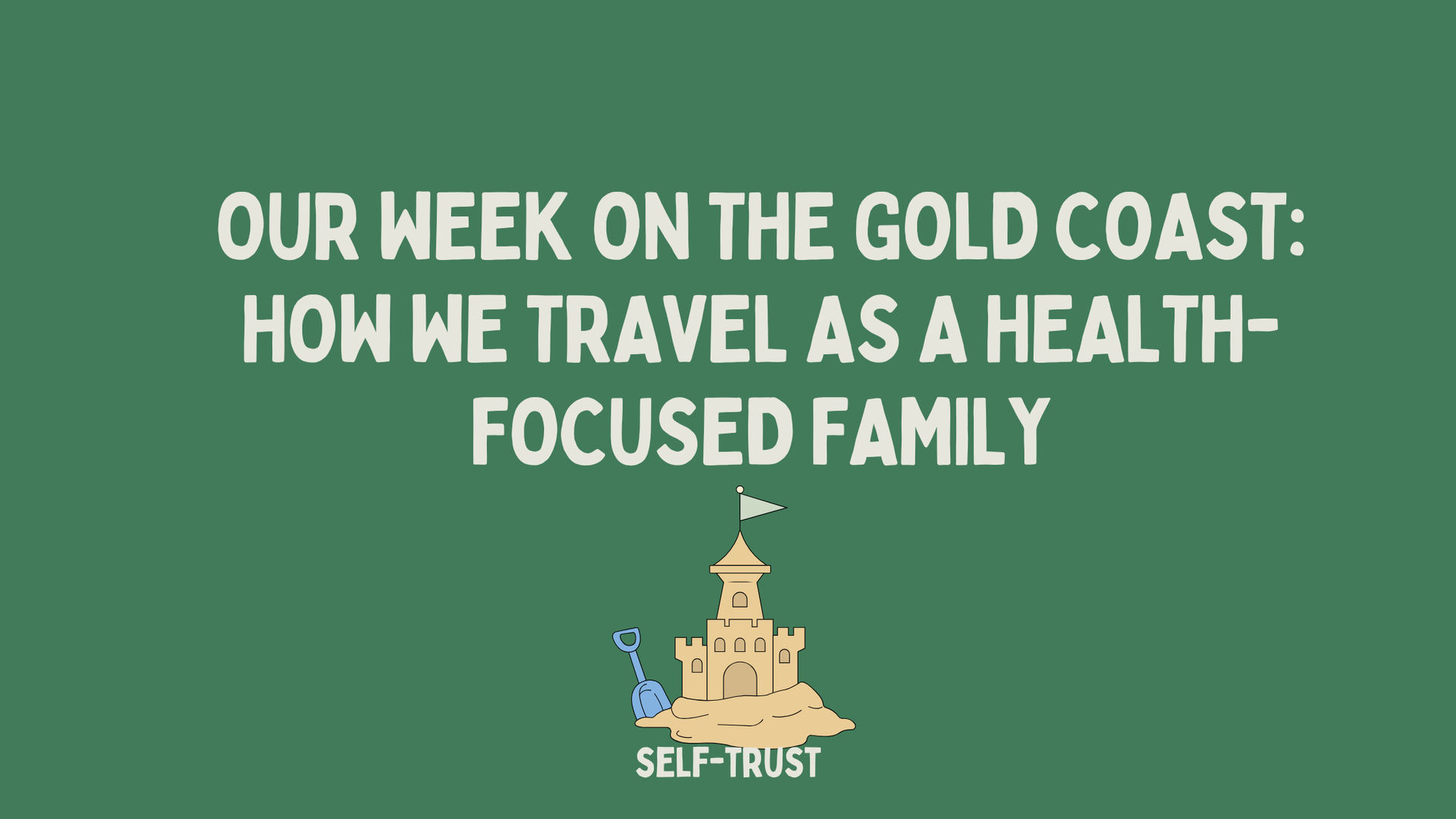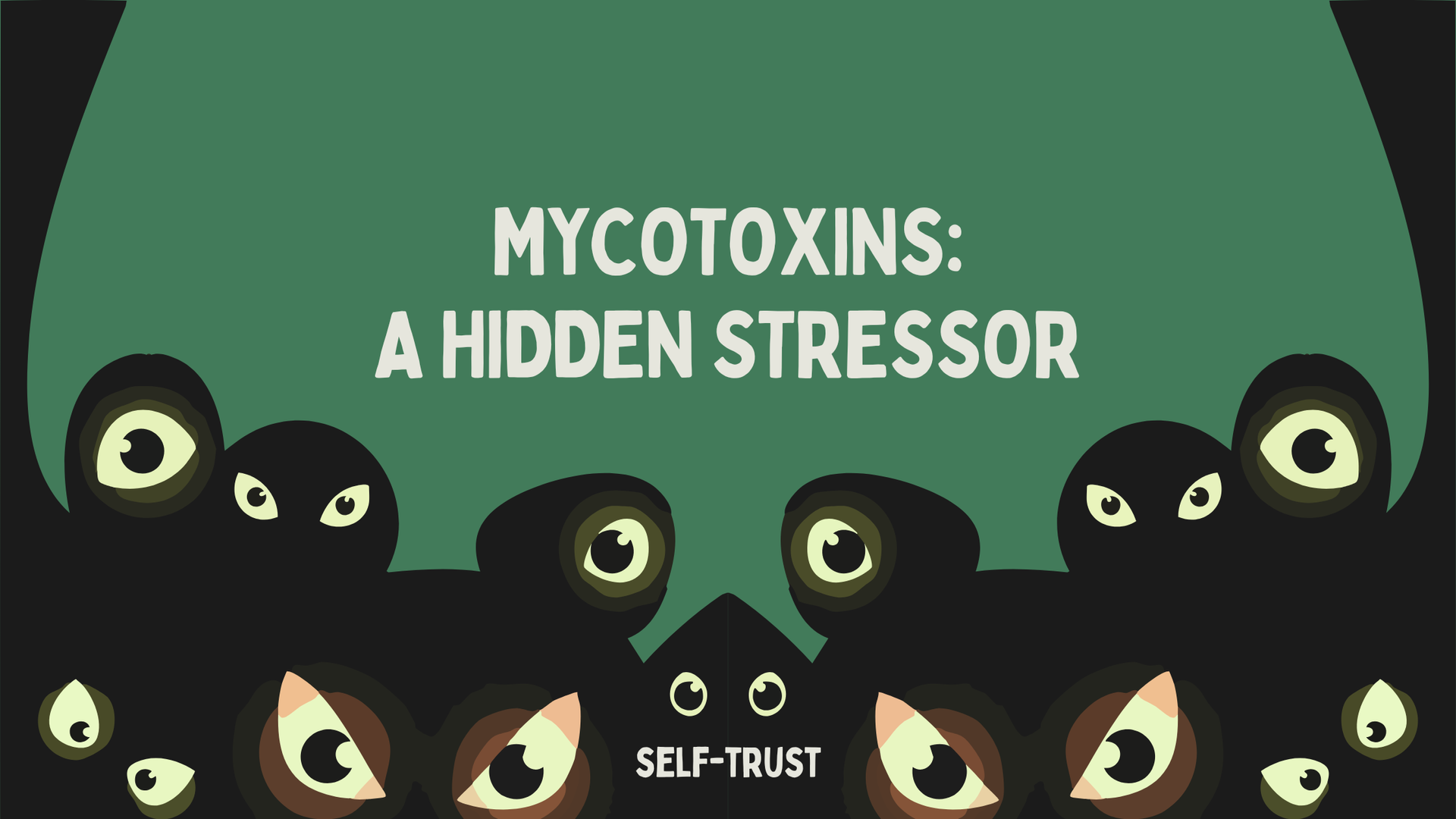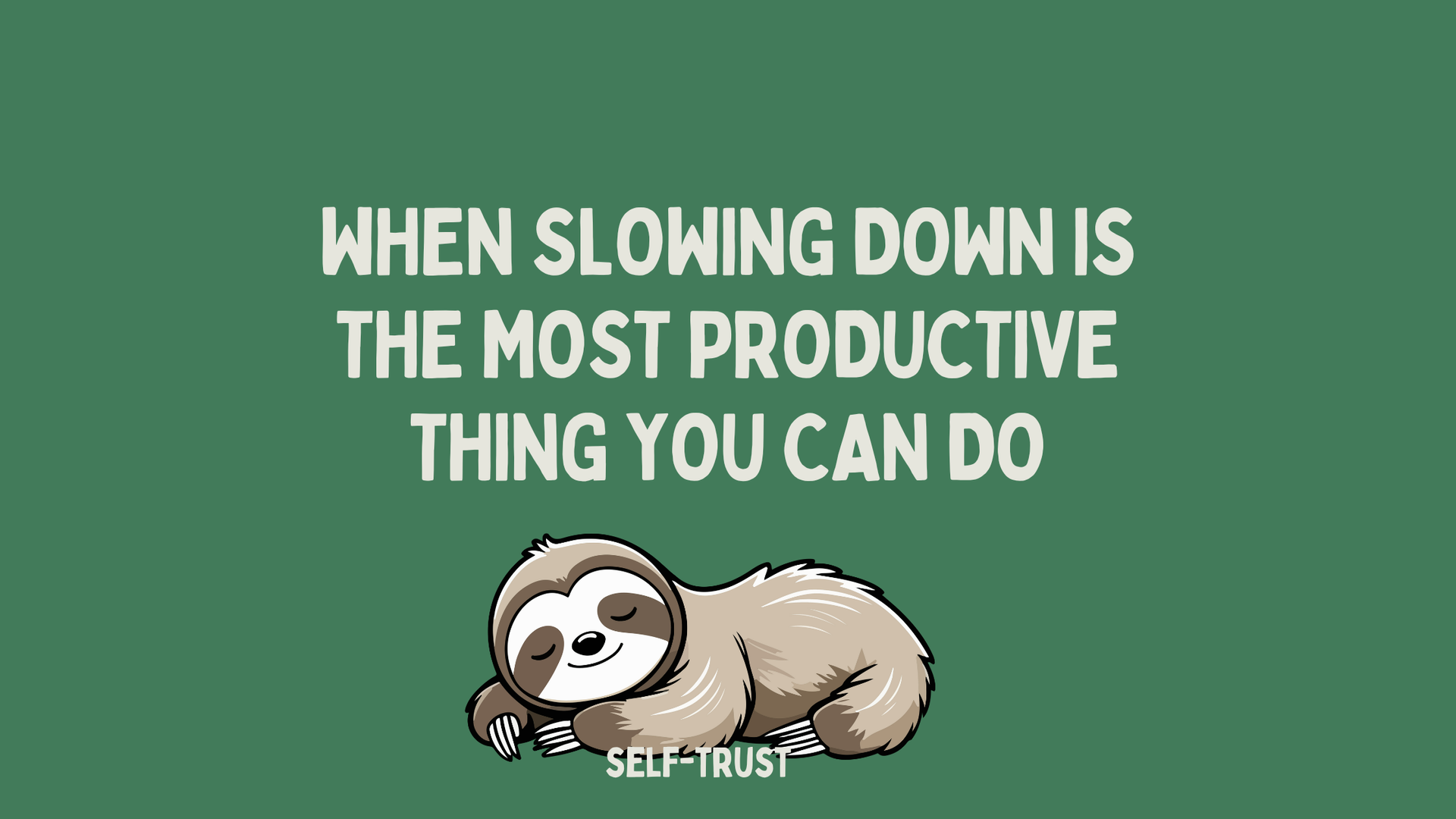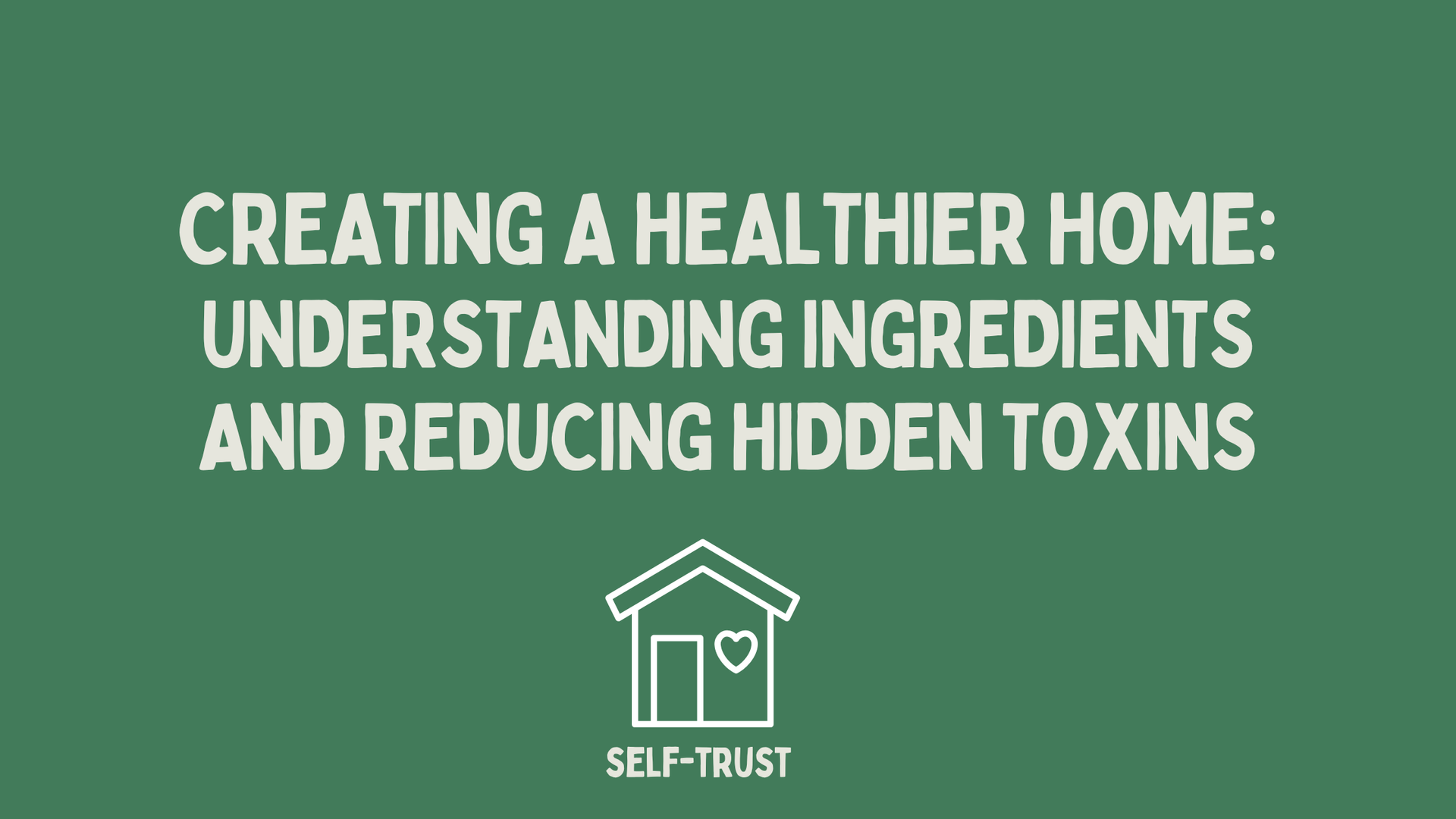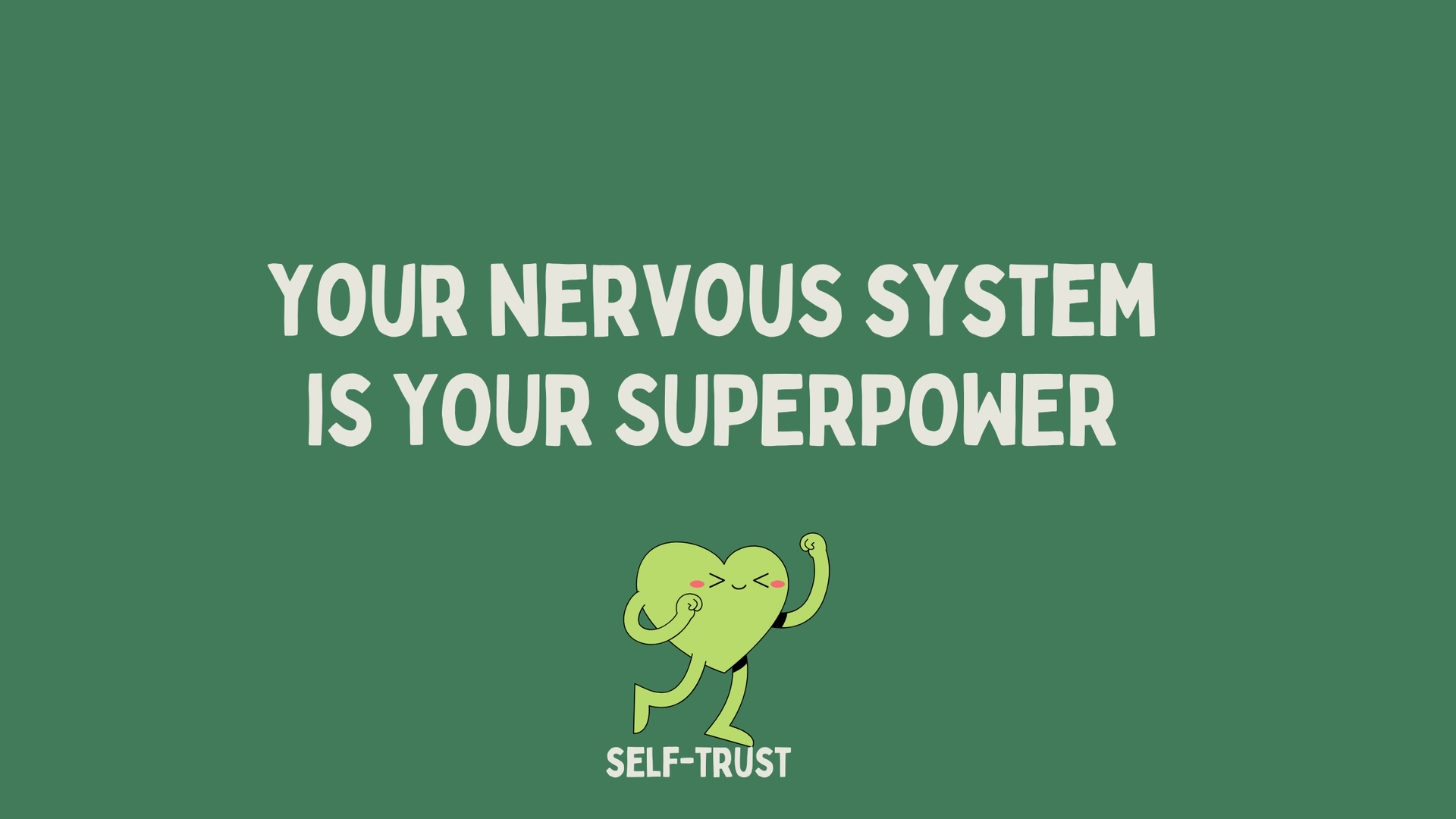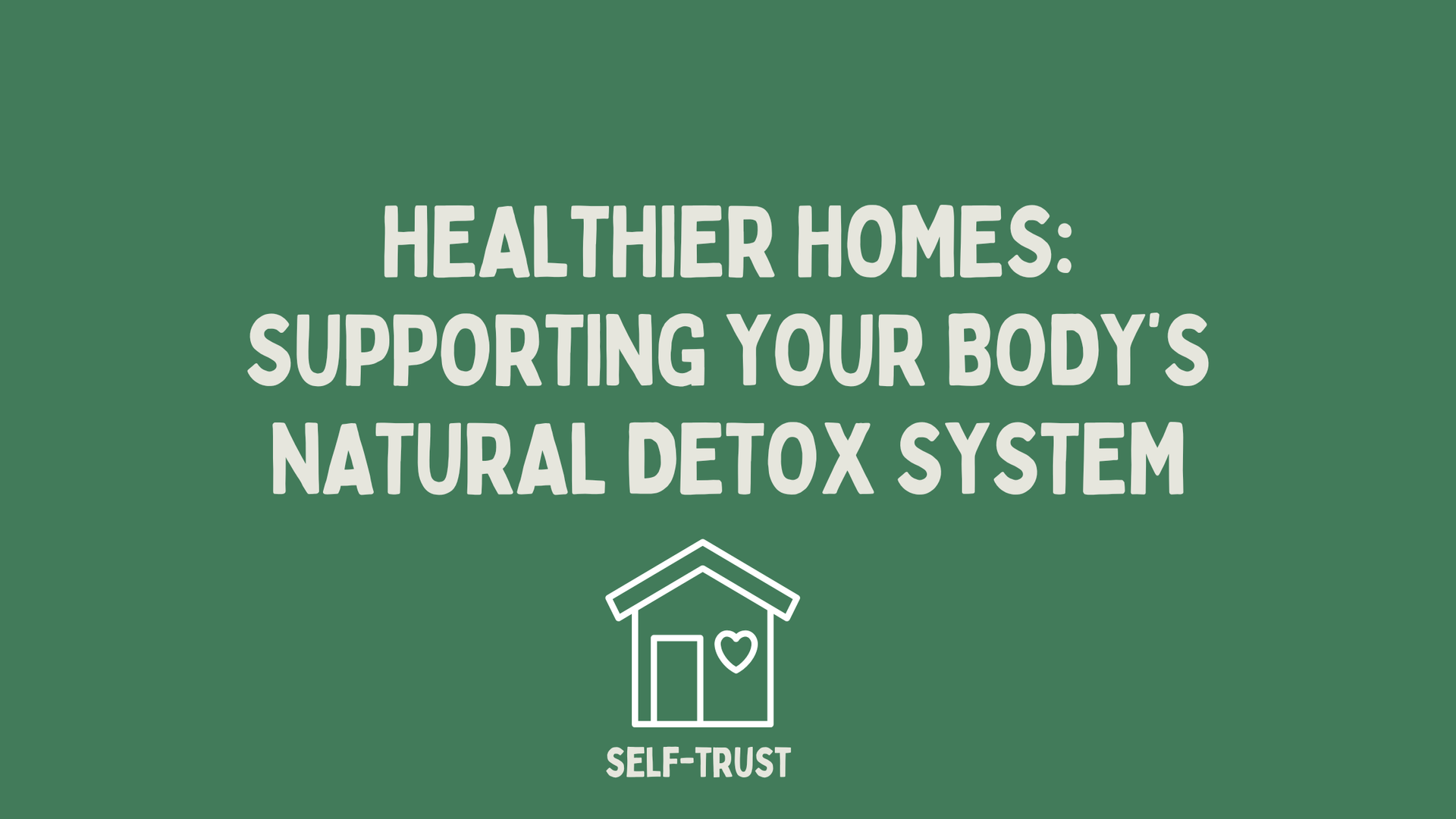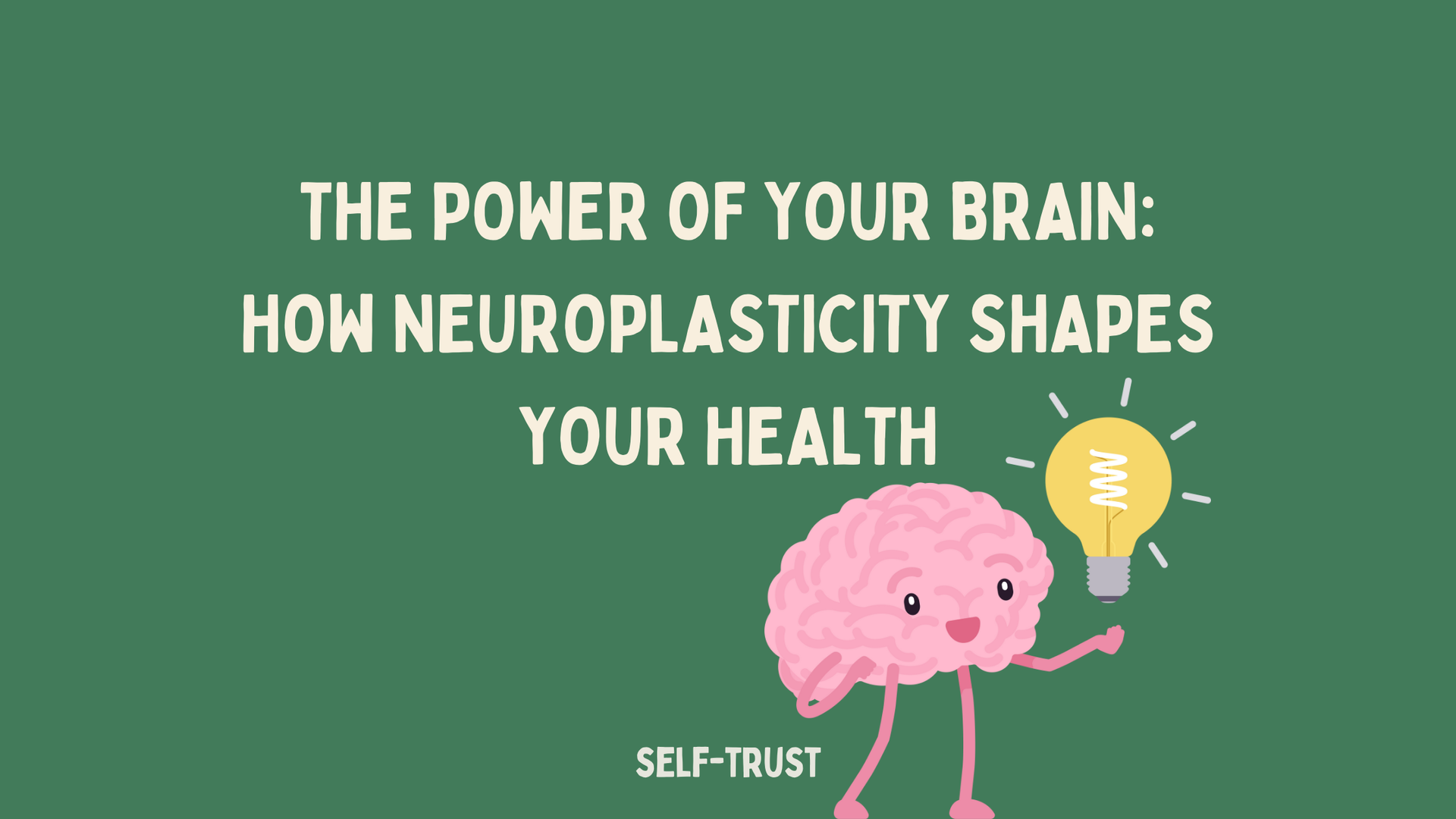Prioritising Sleep: Why Rest is Your Most Powerful Medicine
Prioritising Sleep As Your Medicine
If there's one thing that can change everything about your health, it's sleep. Getting enough quality rest is one of the most powerful forms of medicine you can give your body. Adequate sleep lowers the risk of insulin resistance and metabolic dysfunction, helps balance cortisol, and boosts growth hormone so your body can repair, recover, and thrive.
But here's the thing: when sleep becomes a "task" or a "challenge," it often slips further out of reach. Staring at the clock, worrying about what time you need to be asleep, or stressing over what time you'll wake up only makes it harder to rest.
Instead of treating sleep like something you have to conquer, what if you saw it as something beautiful to look forward to? A nightly ritual that feels like a reward at the end of your day.
Fall in Love with Sleep
The easiest way to support healthy sleep is to focus on what you're doing during the day. When you move your body, nourish yourself well, connect with others, and engage in life in a way that feels satisfying, sleep naturally becomes a welcome part of your rhythm.
Rather than forcing it, invite sleep. Treat bedtime as a soothing ritual - something you look forward to because it feels good, not something you dread or "have to do."
Support Your Circadian Rhythm
Your body runs on a natural rhythm, guided by light, dark, and daily habits. Supporting your circadian rhythm makes it much easier to fall asleep and wake rested.
Here are some simple ways to help your body align with its natural cycles:
- Create a cosy sleep environment: Keep your bedroom cool, dark, and quiet. Use blackout curtains, a silk eye mask, earplugs, or anything that makes your space feel like a restful sanctuary.
- Limit blue light: Swap bright overhead lights for warm lamps in the evening, or use a red light for bedtime reading. Keep devices out of your room if possible.
- Set a rhythm: Going to bed and waking up around the same time each day helps train your body's internal clock. It doesn't need to be perfect - just consistent enough that your system starts to trust the pattern.
- Choose soothing wake-ups: If you use an alarm, use a gentle sound, like birds chirping, instead of a harsh beep. This trains your body to wake more naturally.
Nourishment and Timing Matter
What you eat during the day also impacts your sleep at night.
- Finish eating meals at least a couple of hours before bed.
- Limit caffeine, chocolate, or heavy sweets in the evening.
- Make sure you're getting enough protein during the day, which supports stable blood sugar and deeper rest.
Experiment with what feels right for your body, but avoid making it rigid. The goal isn't restriction - it's nourishment and balance.
Create a Sleep Ritual You Love
Rituals signal to your body that it's time to shift gears. Find one that feels soothing to you:
- A warm bath or shower
- Breathing exercises or yoga nidra
- A light-hearted book to escape into before sleep
- Listening to calming music, sound baths, or meditation apps
- Journalling or writing down lingering thoughts so your mind can let them go
- Cosy sleepwear, silk pillowcases, soft blankets - anything that makes you feel cared for and comfortable
The more you associate bedtime with soothing, enjoyable rituals, the easier it becomes to drift into deep sleep.
Movement, Daylight, and Nervous System Care
Good sleep starts long before your head hits the pillow. The state of your nervous system during the day directly shapes how you rest at night.
- Move your body: Gentle resistance training, walking, dancing, or playful movement helps reduce stress and regulate hormones. The key isn't intensity - it's consistency and enjoyment.
- Get daylight exposure: Natural light during the day, especially in the morning, anchors your circadian rhythm and helps your body know when it's time to rest.
- Reduce stress: Find ways to soothe your system - connection, laughter, deep breathing, time in nature. The calmer your day, the easier your night.
Sleep as Self-Trust
Prioritising sleep isn't about chasing perfection or obsessing over the "right" number of hours. It's about giving your body the message that it is safe, cared for, and allowed to rest.
When you stop treating sleep like another task and instead fall in love with it as a daily gift, it becomes easier. You'll wake not just more rested, but more energised, balanced, and ready to fully enjoy your life.
Because good sleep isn't just rest - it's the foundation of self-trust.
Tonight, ask yourself: what would make my sleep feel like a beautiful reward at the end of a satisfying day? Then let that guide your ritual into rest. Switch off from the day, clean your slate, and rest in order to start fresh again tomorrow.
Book a session with Dr. John Sutherland to help your body unwind and sleep more deeply.


